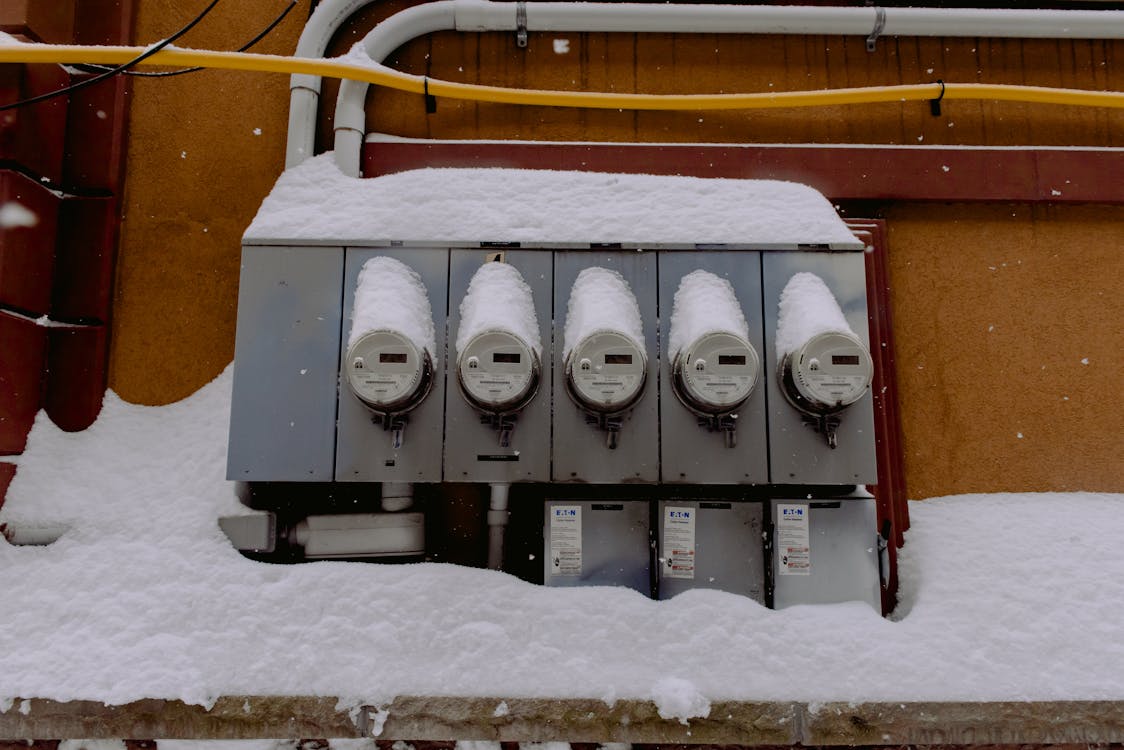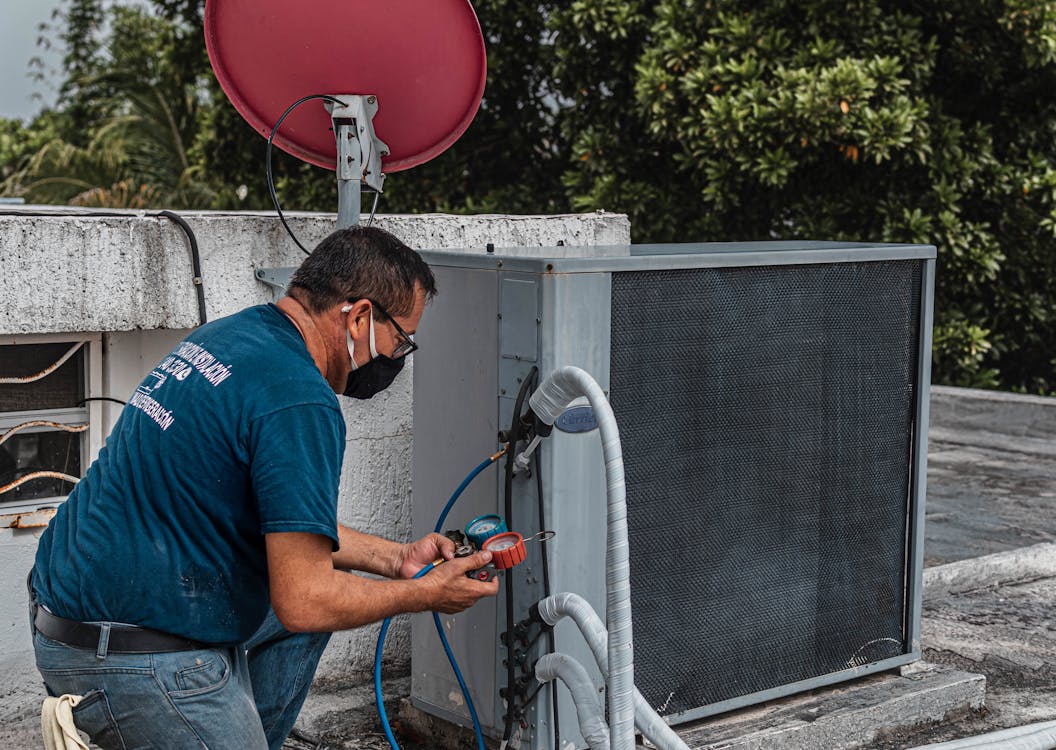Landlord Blog
Education and news for smart DIY landlords!
How to Protect Your Rental Property from Winter Utility Surges

Winter can be a challenging time for rental property owners as energy demands spike due to increased heating needs. With rising utility costs and colder temperatures, winter utility surges can become a financial burden for landlords and tenants alike. Taking proactive measures can help landlords protect their properties, maintain energy efficiency, and manage winter utility expenses effectively. Here are several strategies to help landlords safeguard against winter utility surges.
1. Conduct a Winter-Readiness Inspection
Before winter weather sets in, performing a thorough inspection of the property is essential. Check for drafts, inspect insulation, and identify any areas where heat might escape. Seal any gaps around doors and windows with weather-stripping or caulk to prevent cold air from entering and warm air from escaping. A well-sealed property keeps the internal temperature stable, reducing the workload on heating systems and ultimately lowering energy costs.
2. Upgrade Insulation
One of the most effective ways to reduce winter utility surges is by upgrading insulation in critical areas, such as attics, basements, and walls. High-quality insulation can prevent heat loss and lower heating costs by up to 30%. For older properties especially, adding extra layers of insulation can make a noticeable difference. Consider consulting a professional to determine which areas would benefit the most from insulation upgrades.
3. Install a Programmable Thermostat
A programmable thermostat allows tenants to set heating schedules that match their daily routines, minimizing energy consumption when they’re away or asleep. Some modern thermostats can even be controlled remotely, allowing tenants to adjust settings from their smartphones. Landlords can explain the benefits of using the thermostat’s scheduling features to help tenants reduce their energy usage and avoid unnecessary utility costs. Additionally, some landlords may choose to install a temperature limit on heating systems to prevent excessive energy use.
Read more: The Top Benefits of Smart Home Technology
4. Encourage Regular HVAC Maintenance

Heating systems work hard during the winter months, and regular maintenance is essential to keep them operating efficiently. Schedule a professional HVAC inspection and service before winter to check for issues like clogged filters, leaks, or worn components that could reduce efficiency. A clean, well-maintained heating system uses less energy, is less likely to break down in the middle of winter, and can help extend the lifespan of the equipment.
5. Insulate Pipes to Prevent Freezing
Frozen pipes are a common winter hazard that can lead to burst pipes and costly water damage. Insulating pipes in vulnerable areas, such as basements, attics, and garages, can prevent them from freezing when temperatures drop. Landlords can also advise tenants to keep the heat at a steady level, even when they’re away, to reduce the risk of frozen pipes.
6. Educate Tenants on Energy-Saving Practices
Encourage tenants to adopt energy-saving habits, which can make a significant difference in managing winter utility costs. Simple tips like closing curtains at night to retain heat, unplugging devices when not in use, or dressing warmly indoors can contribute to energy savings. Many tenants may not be aware of the impact these habits have, so providing a guide or checklist can be a helpful reminder.
Discover: 7 Eco-friendly and Sustainable Home Ideas for Landlords
7. Consider Adding Utility Caps or Sharing Costs
If utilities are included in the rental rate, consider adding a utility cap during the winter months to prevent excessive use. By setting a limit on the amount covered by the landlord, you can control costs while still providing an incentive for tenants to use energy efficiently. Alternatively, some landlords opt to share utility costs during high-demand months to offset expenses. Be sure to review local laws and discuss such options with tenants to ensure transparency.
Final Thoughts
Protecting your rental property from winter utility surges involves a combination of preventive maintenance, energy-efficient upgrades, and tenant education. By following these steps, landlords can keep their properties comfortable, reduce energy waste, and maintain manageable winter utility expenses.


